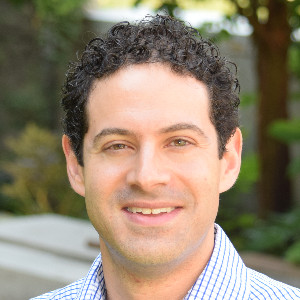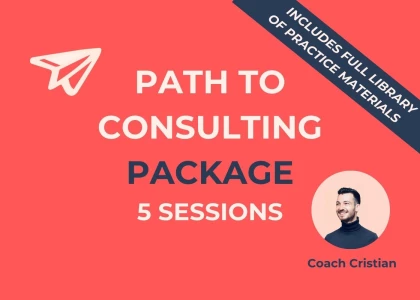Hey everyone.
So recently i was talking to my recruiter about interviewing for a generalist path vs an expert path in the junior specialist vs junior associate position. She told me she's quite new but she believes everything is pretty similar.
I was wondering if anyone has any idea about the differences in schedule, travelling, salary and anything else you might think of.
This would be in Northern Europe in the sustainability space if it's the expert path.
Thanks in advance for your time!

















